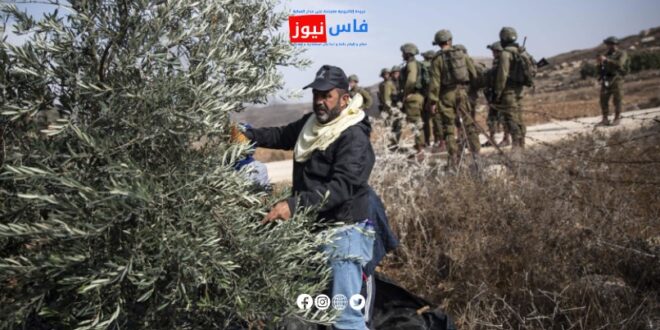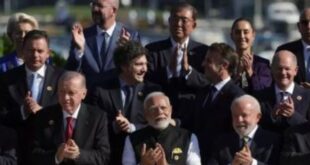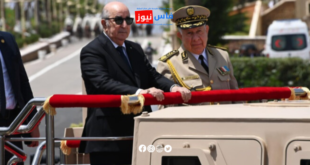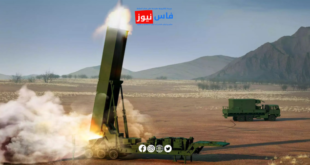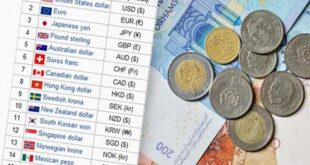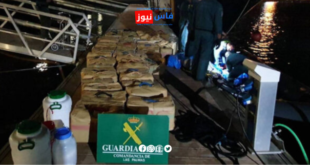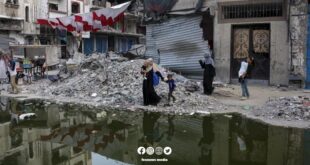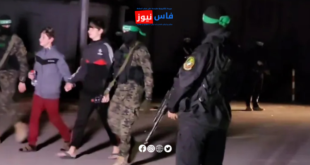In light of the current situation in the Palestinian territories, the 2024 olive season appears to be the most challenging in years. In the Gaza Strip, the ongoing war for a year and severe resource shortages have led to a significant decline in olive production, while farmers in the West Bank face constant threats from Israeli settlers preventing them from accessing their fields.
In Gaza, Rami Abu Assad, an olive farmer, says: “We are happy that the olive season has begun, but we are afraid because we are in a state of war.” He adds that workers collect olives by hand while constantly on alert for any sound of warplanes that might bomb the area.
According to the United Nations, 68% of agricultural land in Gaza has been damaged, and farmers have been unable to adequately fertilize or irrigate their lands. Jamal Abu Shawich, an agricultural engineer, expects production this year to reach only 15,000 tons, compared to 40,000 tons in previous years.
In the West Bank, Palestinian farmers face different challenges. Khaled Abdullah, an olive farmer, says: “I didn’t even think about going to my lands near the settlement because the situation is very dangerous.” He adds that this year he will suffice with harvesting olives from his property in the village of Jifna, north of Ramallah.
In a tragic incident on Thursday, a Palestinian woman was shot dead while picking olives near Jenin, close to the security barrier separating Israel and the West Bank.
The Israeli human rights organization Yesh Din confirms that settler attacks have “significantly increased” this year. Fadia Qawasmi, a spokesperson for the organization, points out that farmers from the village of Madama south of Nablus were prevented for three days from accessing their lands, and their vehicles were vandalized.
Abdullah Ziada, head of the Madama village council, says: “Landowners are being expelled from their lands by settlers. Every day there are confrontations.” He adds: “We cannot distinguish between those who stop us, whether they are settlers or soldiers, because sometimes they wear civilian clothes and carry weapons, and other times they wear military uniforms.”
Under these difficult circumstances, it appears that this year’s olive season will be the most challenging for Palestinian farmers, threatening a primary source of income for many poor Palestinian families.
 فاس نيوز ميديا جريدة الكترونية جهوية تعنى بشؤون و أخبار جهة فاس مكناس – متجددة على مدار الساعة
فاس نيوز ميديا جريدة الكترونية جهوية تعنى بشؤون و أخبار جهة فاس مكناس – متجددة على مدار الساعة

